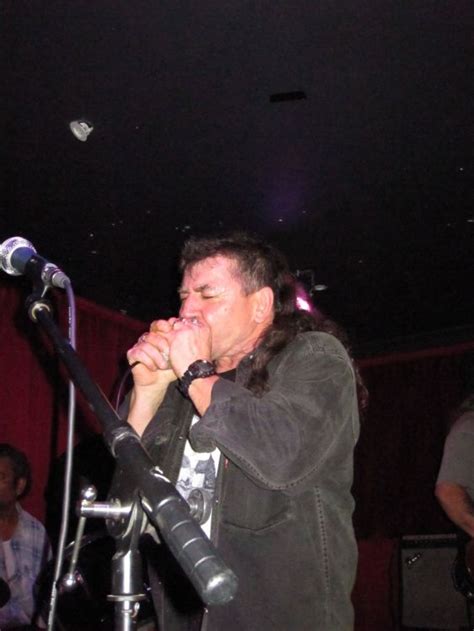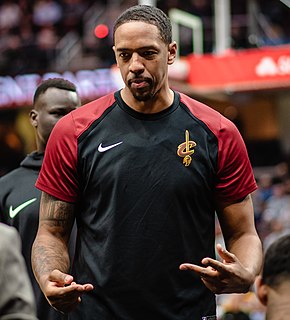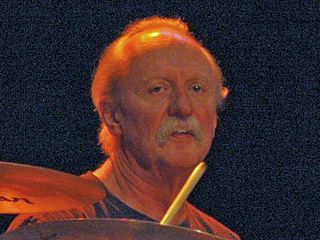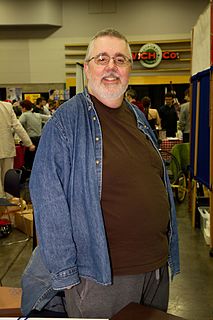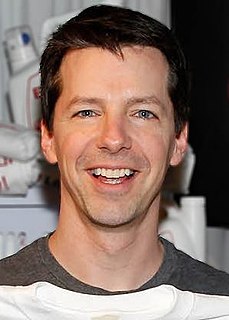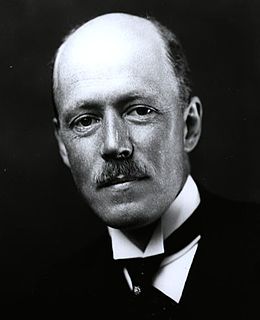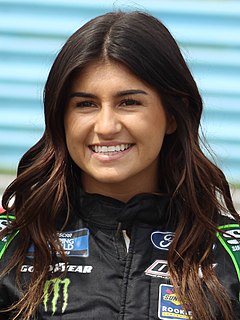A Quote by Bonobo
Most of the time I approach a track as series of experiments: seeing what fits, and trying to manipulate sounds into each other so they have some kind of dialogue, and then start building a structure around it.
Related Quotes
I turn on the machines and start to think about ideas and take it from there, it usually begins if it's a beat, a track creating a beat/beats and then the bass-line/lines, then comes the sounds--drones, atmospherics etc, then the edits of various sounds I created and keep going till I feel I have enough sounds ideas to start working and building a track. I have many banks of sounds that we hear that can be manipulated in the machines.
People don't live their lives in a series of scenes that form a dramatic narrative, they don't speak in dialogue, they're not lit by a cinematographer or scored by a composer. The properties of real life and the properties of drama have almost nothing to do with each other. The difference between writing about reporters and being a reporter is the same as the difference between drawing a building and building a building.
I might spend 100 pages trying to get to know the world I'm writing about: its contours, who are my main characters, what are their relationships to each other, and just trying to get a sense of what and who this book is about. Usually around that point of 100 pages, I start to feel like I'm lost, I have too much material, it's time to start making some choices. It's typically at that point that I sit down and try to make a formal outline and winnow out what's not working and what I'm most interested in, where the story seems to be going.
We were never a band that did 96 takes of the same thing. I had heard of groups that were into that kind of excess around that time. They'd work on the same track for three or four days and then work on it some more, but that's clearly not the way to record an album. If the track isn't happening and it creates some sort of psychological barrier, even after an hour or two, then you should stop and do something else. Go out: go to the pub, or a restaurant or something. Or play another song.
The black arrowed swoop of the moment swung high into the unceilinged future, ten, fifty, sixty years, may be: then, past seeing, up to that warmthless unconsidered mock-time, when nothing shall be left but the memorial that fits all (except, if there be, the most unhappiest) of human kind: I was not, I lived and loved, I am not.
You realize how much the relationship when kids are young can suffer. And it's important to make sure that you are able to spend some time with each other. As a father, the best thing you can do for the kid is to love the mom. Even as a parent, I believe that loving the mother is the most important thing. And even parents who maybe aren't together I think that's important for them as well to respect each other and to be kind to each other, because I think it does so much in who they would pick to be around, or how they feel about themselves.
My dad has pretty much taught me, he's built this thing with me, he trains with me, practices with me, goes to the gym with me, we battle each other at the go-kart track. We're so competitive with each other, and I feel like we both make each other better because we're so hard on each other, just trying to be the best we can.

